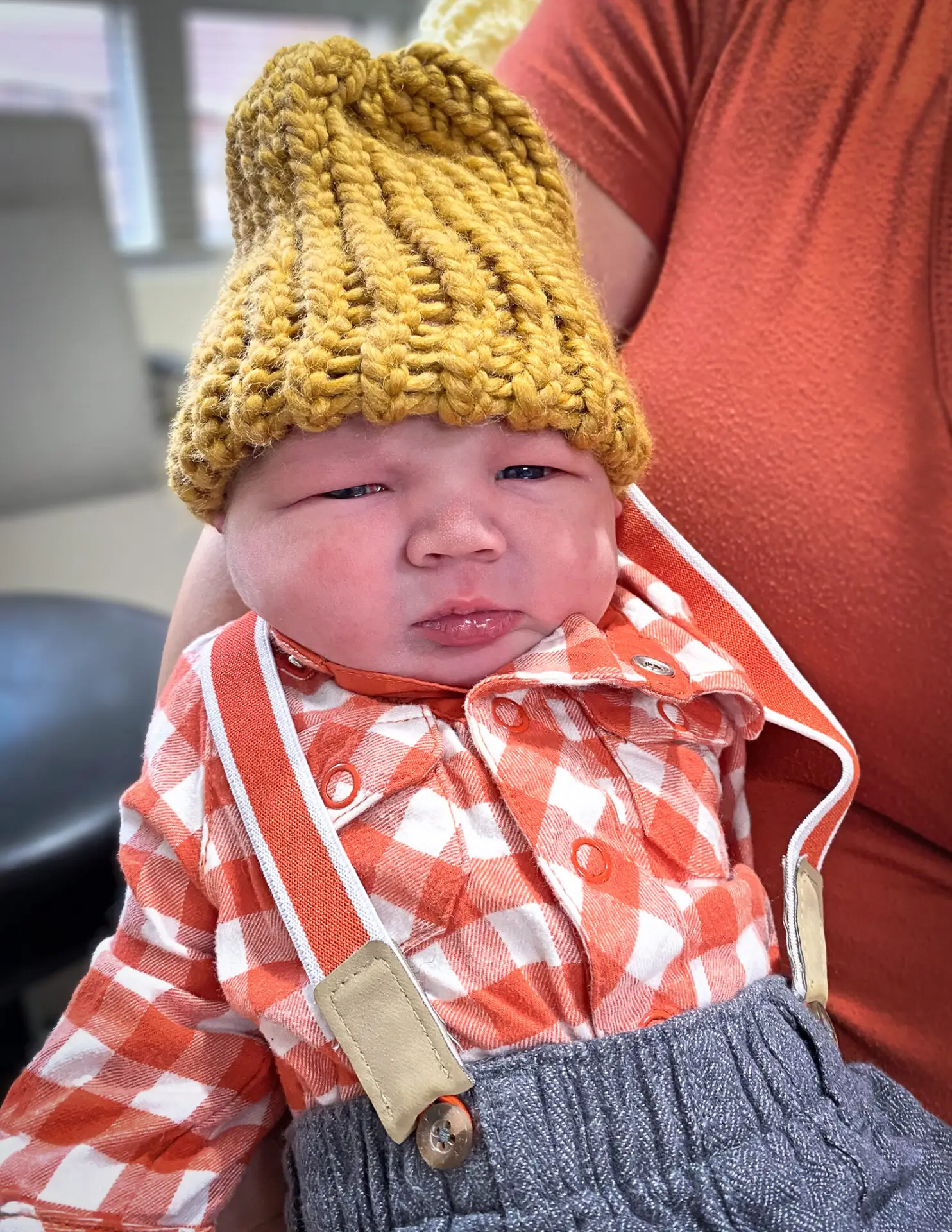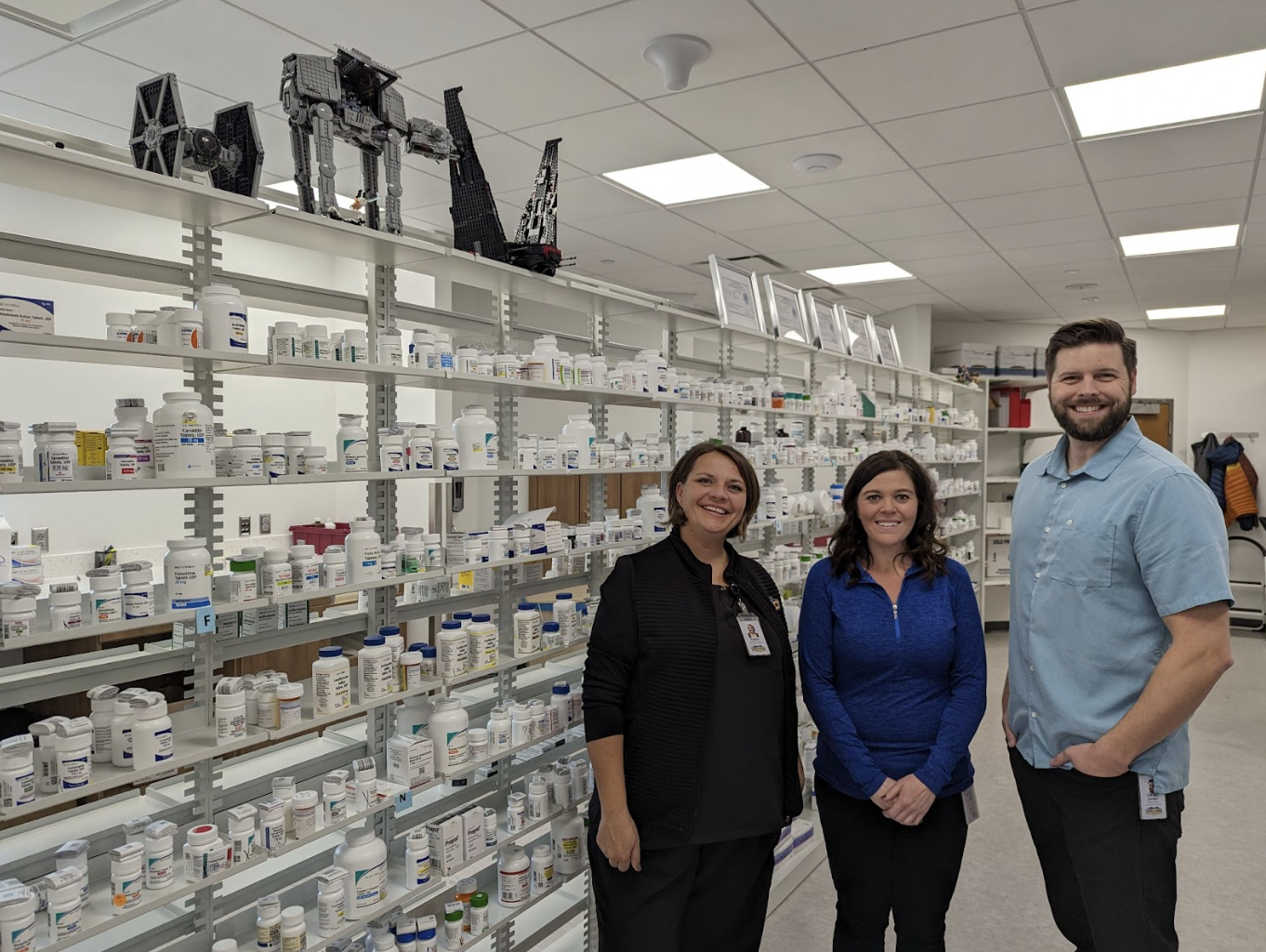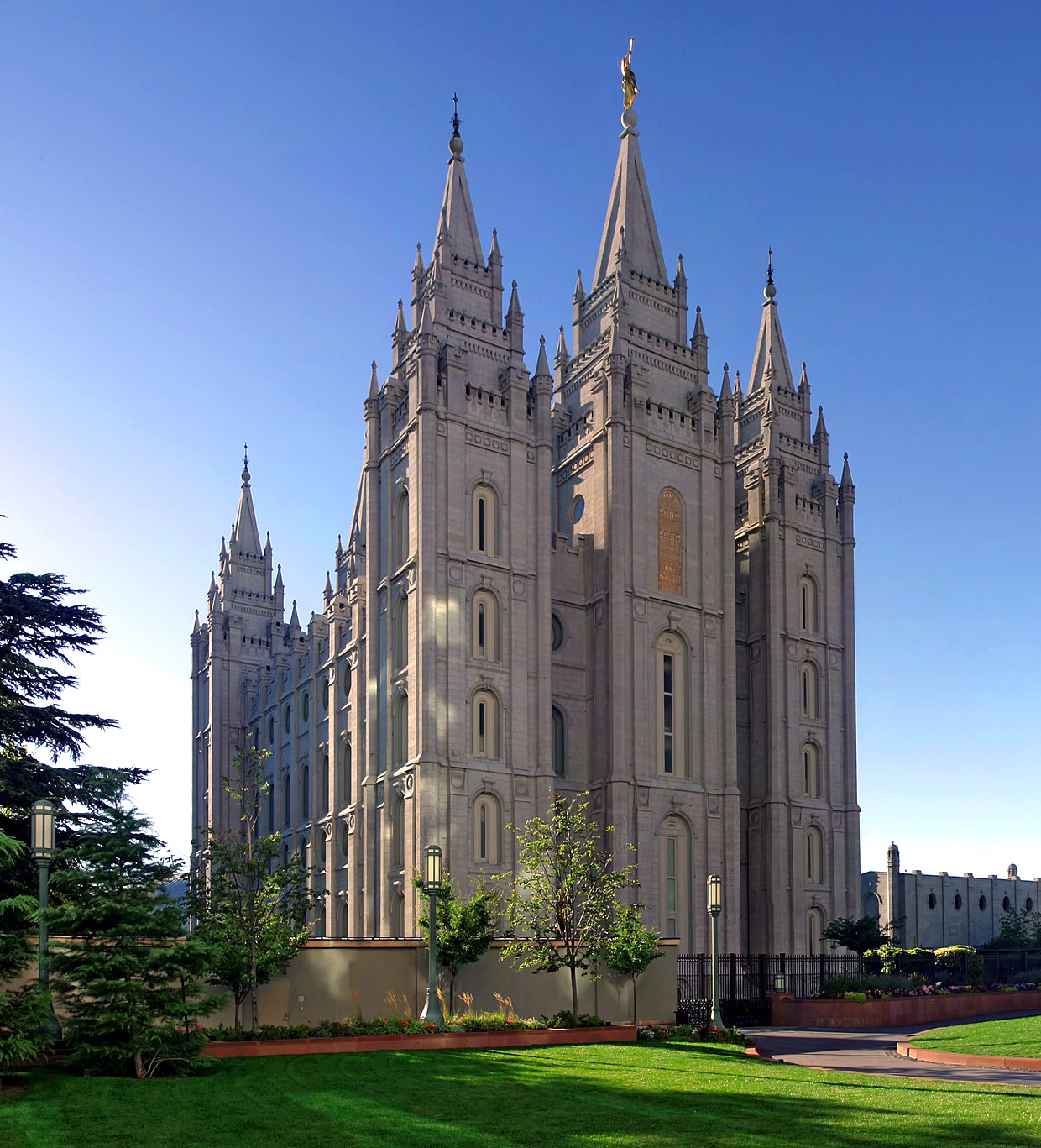In response to the coronavirus pandemic, the Southeast Utah Health Department has been weighing research, guidance from federal health officials and community concerns as they make tough decisions regarding public health orders.
Evidence supports the hope that strong social distancing measures will slow the spread of the virus, “flatten the curve,” and protect our healthcare infrastructure from being overwhelmed, potentially saving lives.
However, closing businesses, canceling events, and restricting travel has had a deep, and likely lasting, negative impact on Moab’s tourism-driven economy that is driving many to the brink of financial ruin.
One local business owner has filed a legal appeal appealing the SEUHD’s standing order.
Reed Pendleton is the owner of Moab Rim Campark, a local campground with tent sites, cabins, and RV sites available for nightly stays. Through his attorney, Justin Elswick, Pendleton filed a formal appeal specifically on the order’s restrictions on RV parks.
While Pendleton supports the public health order, he views it as being too restrictive and harming local businesses.
“My livelihood is 95% based in Moab on tourism.” Pendleton said. “My mortgage is based on tourism. My food that I buy for my family is based on tourism. The gas I put in my car is based on tourism. Everything I own and have invested in here in Moab is based on tourism.”
In Pendleton’s view, the fact that day-trips and business travel are still permitted through Grand County from other places negates the order’s potential impact on discouraging tourism.
“He [SEUHD Director Bradon Bradford] didn’t shut-down non-resident travel through our county—we’re still getting hundreds and hundreds of people coming through our town, whether its truckers or supply chain or travelers,” said Pendleton. “Those people are allowed to stop and frequent other businesses in town, including getting food, getting a tire fixed, or stopping at a bank.”
Pendleton contests that if other businesses are allowed to accept transactions with non-residents, Moab Rim Campark should also be able to accept their business.
Background to the health order & appeal
Under the SEUHD order issued on March 16, campgrounds and RV parks fall under the umbrella of “overnight lodging,” along with hotels, bed and breakfasts, and Airbnb-style rentals. The order mandates that overnight lodging establishments may only offer services to “essential visitors,” those in the county for work, and “primary residents.” On the advice of attorneys, a later exception was added for travelers who need to stay for a maximum of one night due to some kind of emergency—vehicle problems, illness, or fatigue.
Pendleton’s appeal lists several legal grounds to classify RV parks and campgrounds “as providing ‘life sustaining’ and ‘essential’ services.”
One of those arguments asserts that the security and utilities offered at RV parks can be vital for travelers who live in their RVs full-time, and that with RV parks closed, many “RVers” are instead parking in unauthorized and unsafe locations like pull-outs and road shoulders. The complaint alleges that closing RV parks discourages outdoor recreation, and claims that discouragement could be harmful to public health or quality of life.
The appeal also points out that other businesses and services like rest stops, grocery stores, and gas stations remain open.
Pendleton is upset by what he feels is the “less-than-ideal” way the original order was communicated by the SEUHD to local businesses. The appeal claims that the SEUHD violated Utah State Code by failing to provide a public comment period before introducing the order.
“We didn’t have written notice of the order until 5 days after it was issued,” Pendleton said, saying this delay caused confusion at his business.
“We were scrambling like crazy to try to cancel reservations,” he said.
In a letter directed to business owners on April 10, SEUHD’s Bradford did address that issue.
“It happened extremely suddenly, something I both regret and know was necessary,” Bradford wrote.
Appeal from business denied
A SEUHD hearing for the appeal of the order was held on April 3, and Bradford issued a denial of the appeal on April 7. Bradford stressed the need to contain the virus as paramount.
“Relaxing the restrictions presently in place against allowing campgrounds or lodging
facilities to check in visitors would invariably result in drawing more tourists into Grand County for recreation purposes,” Bradford wrote, noting that would “very likely” lead to travelers bringing coronavirus into the community.
He also pointed out that the state code referenced in the appeal applies to “regulations” or “standards,” not emergency public health orders, which fall under a different section of Utah code; thus the SEUHD legally acted according to code.
“We have worked with state statute as well as the Utah Department of Health and similar federal agencies in determining which businesses are essential, as reflected in the order,” elaborated Grand County Attorney Christina Sloan, who represents the SEUHD regarding actions taken within Grand County.
“The economic impact of the SEUHD order on local businesses is not lost on anyone working on it, especially Brady Bradford, our Health Director. However, the order, like those issued across the state and country, is necessary to protect community health.”
The next step
Pendleton has chosen to bring his appeal to the next level, which will mean arguing his case before the SEUHD Board of Directors.
Pendleton plans to change his approach in this next hearing and focus on the self-contained nature of RVs as well as the legality of allowing some establishments to accept businesses from non-residents, but not others.
Pendleton said he’s aware of the risks of coronavirus and supportive of the Health Department’s efforts to contain it; he says he wants restrictions loosened, not removed.
“It just seems like it’s very strict when it doesn’t have to be,” Pendleton said.
Pendleton said that he had been checking in some guests traveling through under the emergency allowances to the order.
Another occupant at Moab Rim Campark is a construction worker from Salt Lake on a two-week contract in Grand County, considered an “essential visitor.”
We have zero contact with them,” Pendleton said of the guests he has been checking in under the allowances within the order, saying all transactions and instructions take place over the phone. Sloan said she knows of multiple “RVers” who had intended to stay briefly in Moab as part of a longer trip, but when public health measures and closed campgrounds were rolled out all along their intended routes they decided to stay in Moab for over 30 days.
“Thus, they are hunkering down here until the storm passes, and that is permissible,” said Sloan.
However, Pendleton knows that these limited guests won’t keep his business afloat. He’s been researching small business loans and other relief opportunities and has applied for a federal loan, but is still on a waiting list. He’s retained all his employees and is right now able to pay his bills, but if the restrictions carry on for the whole summer, he can’t sustain that.
“I have exponential costs going out the door right now,” he said. “And I have zero income right now.”
In his decision denying the appeal, Bradford acknowledged that these are painful and difficult times.
“This decision… was taken only after much contemplation and study,” Bradford wrote of the SEUHD order in his denial of Pendleton’s appeal, “and with great reluctance, knowing the disruption this would cause to so many businesses within Grand, Carbon and Emery counties. However, the potential damage to the public health of the residents of these counties must remain of foremost concern to the Health Department.”
Local business appeals health department restrictions
“I have exponential costs going out the door right now. And I have zero income right now.”
– Reed Pendleton



